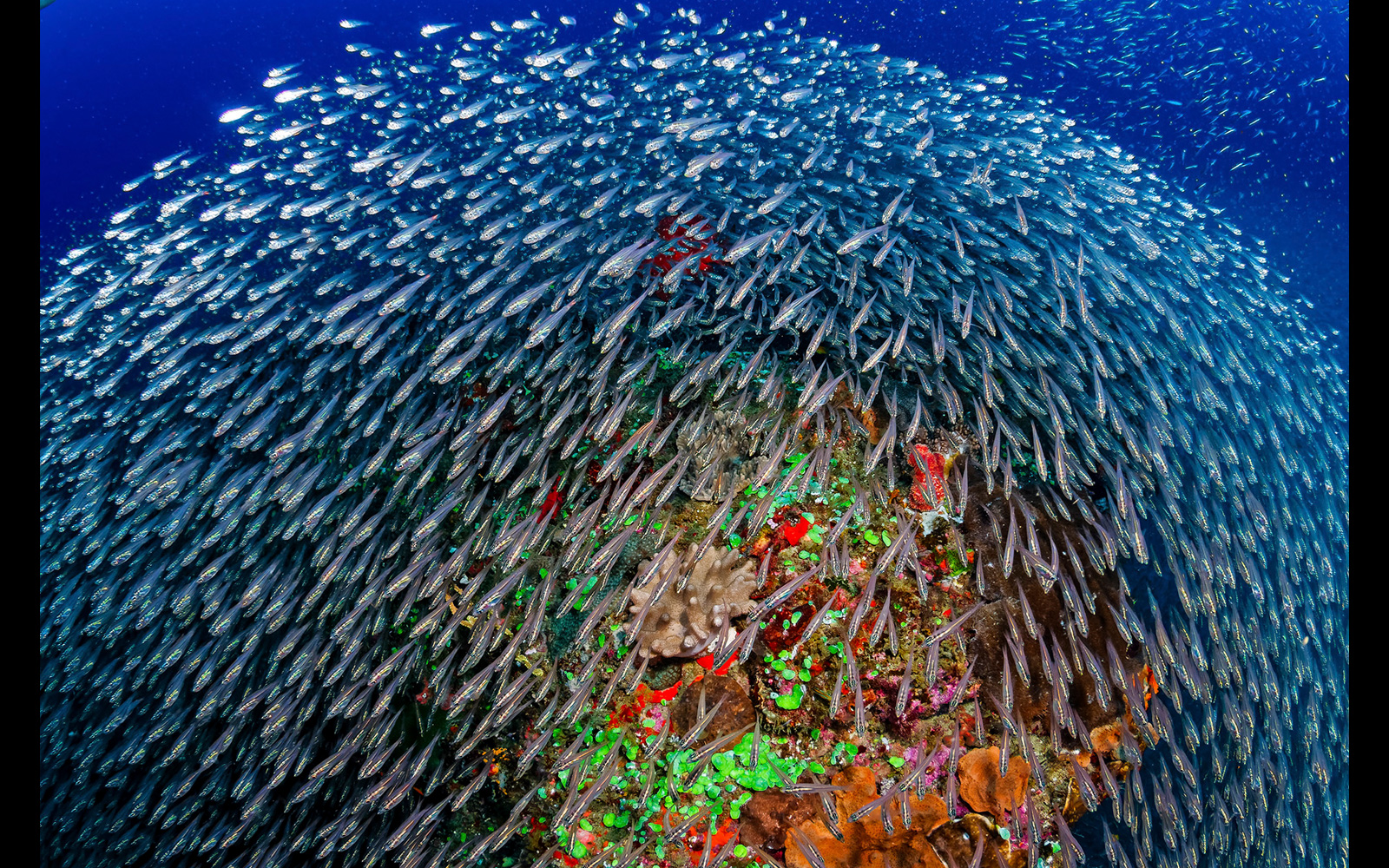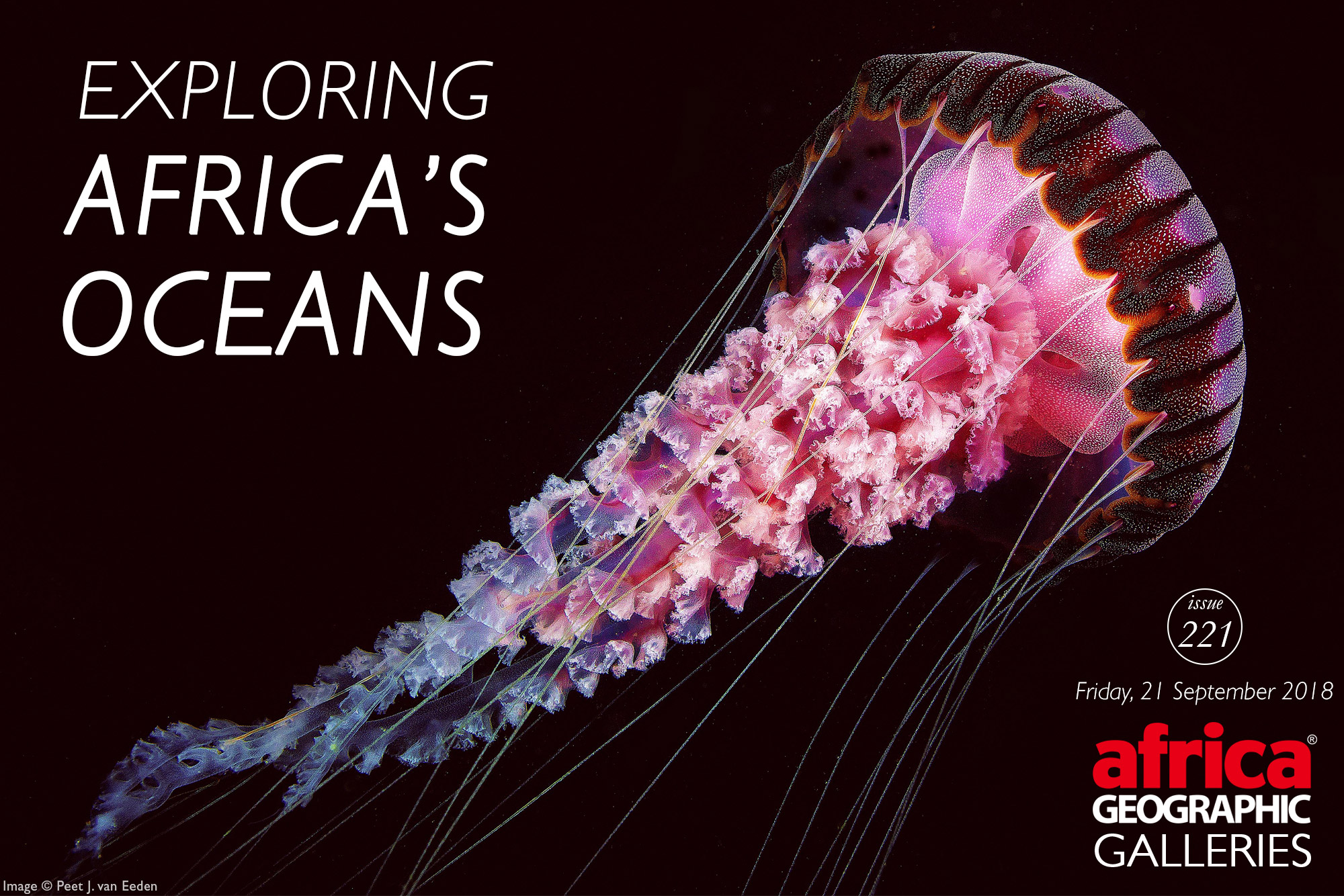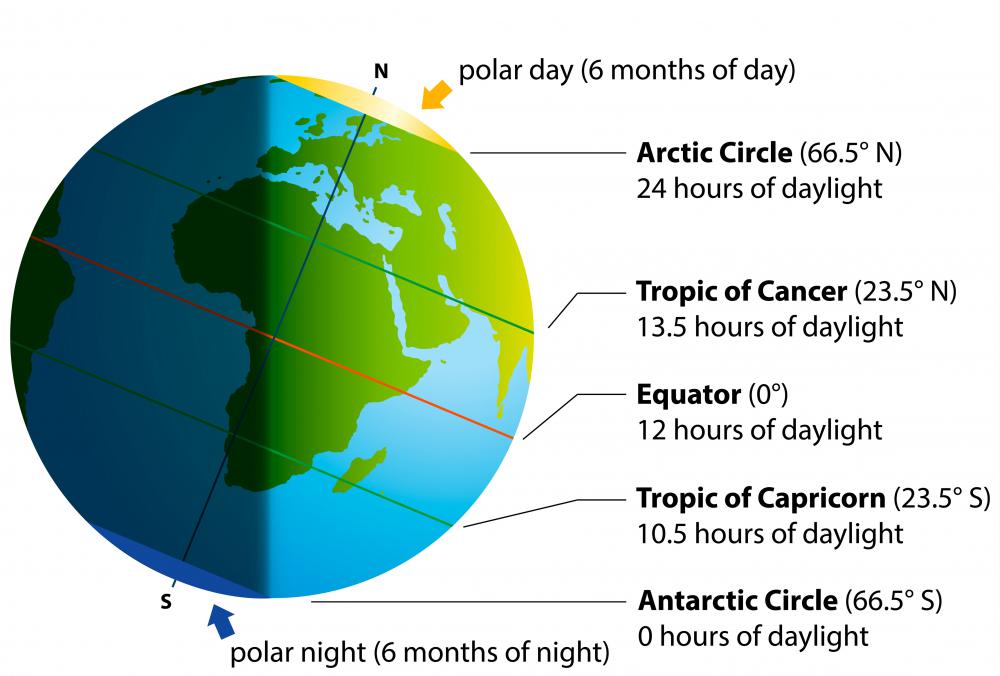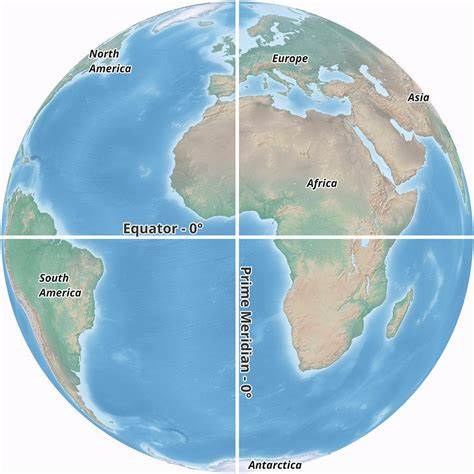The Equator’s Embrace: Exploring Africa’s Equatorial Divide
Associated Articles: The Equator’s Embrace: Exploring Africa’s Equatorial Divide
Introduction
With enthusiasm, let’s navigate by way of the intriguing subject associated to The Equator’s Embrace: Exploring Africa’s Equatorial Divide. Let’s weave attention-grabbing info and supply recent views to the readers.
Desk of Content material
The Equator’s Embrace: Exploring Africa’s Equatorial Divide

The equator, that invisible line circling the globe at 0° latitude, acts as a strong geographical and climatic divider. Its passage by way of Africa, slicing the continent practically in half, creates a putting tapestry of various ecosystems, cultures, and geopolitical landscapes. Understanding the equator’s affect on the African continent necessitates a journey past easy cartography, delving into the advanced interaction of geography, local weather, biodiversity, and human societies.
A Cartographic Crossroads:
Africa’s equatorial area, stretching throughout a good portion of its central expanse, is much from a uniform band. A look at a map reveals that the equator does not bisect the continent with good symmetry. It traverses Gabon, the Republic of the Congo, the Democratic Republic of the Congo (DRC), Uganda, Kenya, and Somalia, weaving a path by way of a mosaic of terrains. This seemingly easy line marks the transition between the Northern and Southern Hemispheres, impacting all the things from the angle of the solar’s rays to prevailing wind patterns and the distribution of wildlife. The equatorial bulge of the Earth, barely wider on the equator, subtly impacts the continent’s form and the distribution of landmasses alongside this significant line.
The exact location of the equator’s crossing is just not all the time readily obvious on smaller-scale maps. Detailed cartographic representations, nevertheless, pinpoint particular areas the place the road intersects nationwide borders and geographical options. This precision is important for scientific analysis, environmental monitoring, and understanding the geographical distribution of assets. As an illustration, realizing the precise equatorial crossing in Gabon permits for exact measurements of photo voltaic radiation, essential for agricultural planning and local weather modeling.
Local weather and Biodiversity: A Zone of Extremes:
The equatorial local weather in Africa is characterised by its excessive temperatures and humidity all year long. The constant photo voltaic radiation ends in a persistently excessive temperature regime, hardly ever experiencing important seasonal temperature fluctuations. Rainfall, nevertheless, is much from uniform. Whereas many areas expertise excessive rainfall all year long, resulting in the event of lush rainforests, different areas exhibit a extra pronounced moist and dry season sample, giving rise to a variety of ecosystems, from savannas to drier woodlands.
This climatic variability is a significant factor influencing Africa’s distinctive biodiversity. The equatorial rainforest, also known as the Congo Basin rainforest, is without doubt one of the planet’s most biodiverse areas. Its dense vegetation harbors an unimaginable array of plant and animal species, a lot of that are endemic, which means they’re discovered nowhere else on Earth. Gorillas, chimpanzees, elephants, okapis, and a large number of chook species thrive on this humid atmosphere. The transition zones between the rainforest and surrounding savannas assist a special array of species, highlighting the intricate relationship between local weather and biodiversity.
The equatorial area is just not with out its challenges. The extreme rainfall can result in soil erosion and flooding, whereas the excessive humidity creates preferrred circumstances for the unfold of illnesses. Understanding the intricacies of this local weather is important for sustainable growth and conservation efforts. Managing the assets sustainably whereas mitigating the dangers related to excessive climate occasions is a vital job for the nations situated alongside the equator.
Human Societies and the Equatorial Divide:
The equator’s passage by way of Africa has profoundly formed human societies. The abundance of assets within the rainforest and surrounding areas has supported giant populations for hundreds of years. Nevertheless, entry to those assets and the distribution of wealth have been uneven. The equatorial area has witnessed important inhabitants progress, resulting in stress on pure assets and elevated competitors for land and livelihoods.
The varied cultures inhabiting this area mirror the advanced historical past of migration, commerce, and interplay. From the indigenous forest communities of the Congo Basin to the pastoralist teams of the East African savannas, the human panorama is as diverse because the pure atmosphere. The equatorial area is a melting pot of languages, traditions, and beliefs, showcasing the richness of African cultural heritage.
Nevertheless, this variety has additionally been a supply of battle. Competitors for assets, political instability, and historic injustices have led to important challenges in lots of equatorial nations. Addressing these points requires understanding the historic context, selling inclusive governance, and fostering sustainable growth that advantages all members of society.
Conservation and Sustainable Growth:
The equatorial area of Africa faces important environmental challenges. Deforestation, pushed by agriculture, logging, and mining, is a serious concern. The lack of rainforest habitat threatens biodiversity and contributes to local weather change. The unsustainable exploitation of pure assets undermines the long-term well-being of communities that rely upon them.
Sustainable growth initiatives are essential for safeguarding the atmosphere and enhancing the lives of individuals dwelling within the equatorial area. This requires a multi-faceted strategy that integrates conservation efforts with financial growth methods. Selling sustainable agriculture, accountable forestry, and ecotourism can create financial alternatives whereas preserving the atmosphere. Investing in schooling and healthcare is equally vital for empowering communities and enhancing their resilience to environmental modifications.
Geopolitical Implications:
The equator’s place in Africa has important geopolitical implications. The abundance of pure assets, significantly minerals and timber, has attracted worldwide consideration and funding. Nevertheless, this has additionally led to conflicts over useful resource management and accusations of exploitation. Many equatorial nations face challenges associated to governance, corruption, and safety, hindering their capability to handle their assets successfully and guarantee equitable distribution of advantages.
Worldwide collaboration is essential for addressing the challenges confronted by equatorial African nations. Supporting good governance, selling sustainable growth, and fostering peace and safety are important for guaranteeing the long-term prosperity of the area. This requires a dedication from each African nations and the worldwide neighborhood to work collectively to deal with these advanced points.
Conclusion:
The equator’s passage by way of Africa is greater than only a line on a map; it is a highly effective geographical and climatic power that has formed the continent’s panorama, biodiversity, and human societies. Understanding the advanced interaction of geography, local weather, biodiversity, and human elements is essential for addressing the challenges and alternatives offered by this distinctive area. Sustainable growth, conservation efforts, and worldwide collaboration are important for guaranteeing the long-term well-being of the folks and the atmosphere of Africa’s equatorial zone. The way forward for this important area is dependent upon a dedication to accountable useful resource administration, equitable growth, and peaceable coexistence. The equator, due to this fact, serves as a potent reminder of the interconnectedness of the pure world and human societies, highlighting the necessity for a holistic and sustainable strategy to growth on this essential a part of the world.








Closure
Thus, we hope this text has supplied priceless insights into The Equator’s Embrace: Exploring Africa’s Equatorial Divide. We thanks for taking the time to learn this text. See you in our subsequent article!